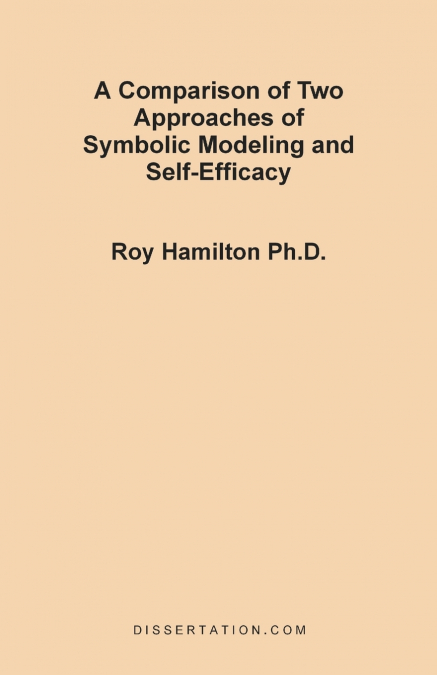
 Librería 7artes
Librería 7artes
 Donde los libros
Donde los libros
 Librería Elías (Asturias)
Librería Elías (Asturias)
 Librería Kolima (Madrid)
Librería Kolima (Madrid)
 Librería Proteo (Málaga)
Librería Proteo (Málaga)
The effect of video and written modeling on self-efficacy of 70 master's degree students enrolled in their first techniques course was investigated. The ability to understand and use reflection of content, feeling, and meaning was presented to the experimental group through videotaped instruction and examples and the control group through written instruction and examples. Facts about reflecting skills, which included information and three vignettes, demonstrated the use of the skills. Through two pilot studies, the Reflecting Skills Questionnaire (RSQ) developed for this study showed convergent validity with the Counseling Self-Estimate Inventory (COSE). Participants' indication of self-efficacy for the reflection of content, feeling, and meaning was assessed by the RSQ. A t - test was computed to determine whether video or written treatment had an effect on the self efficacy of counselors in training. Using a two-tailed t - test for independent groups, no significant difference (p > .05) was found.